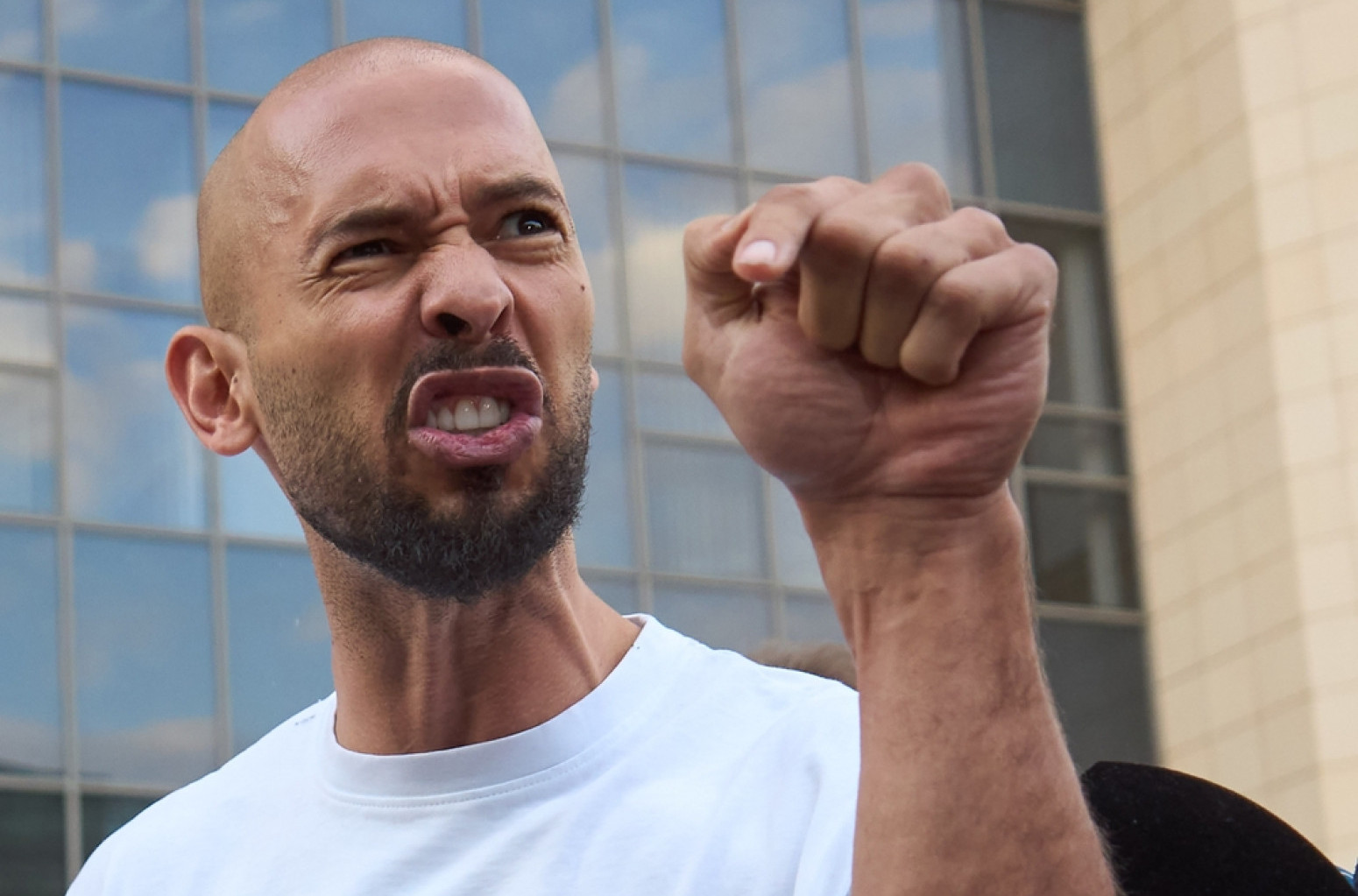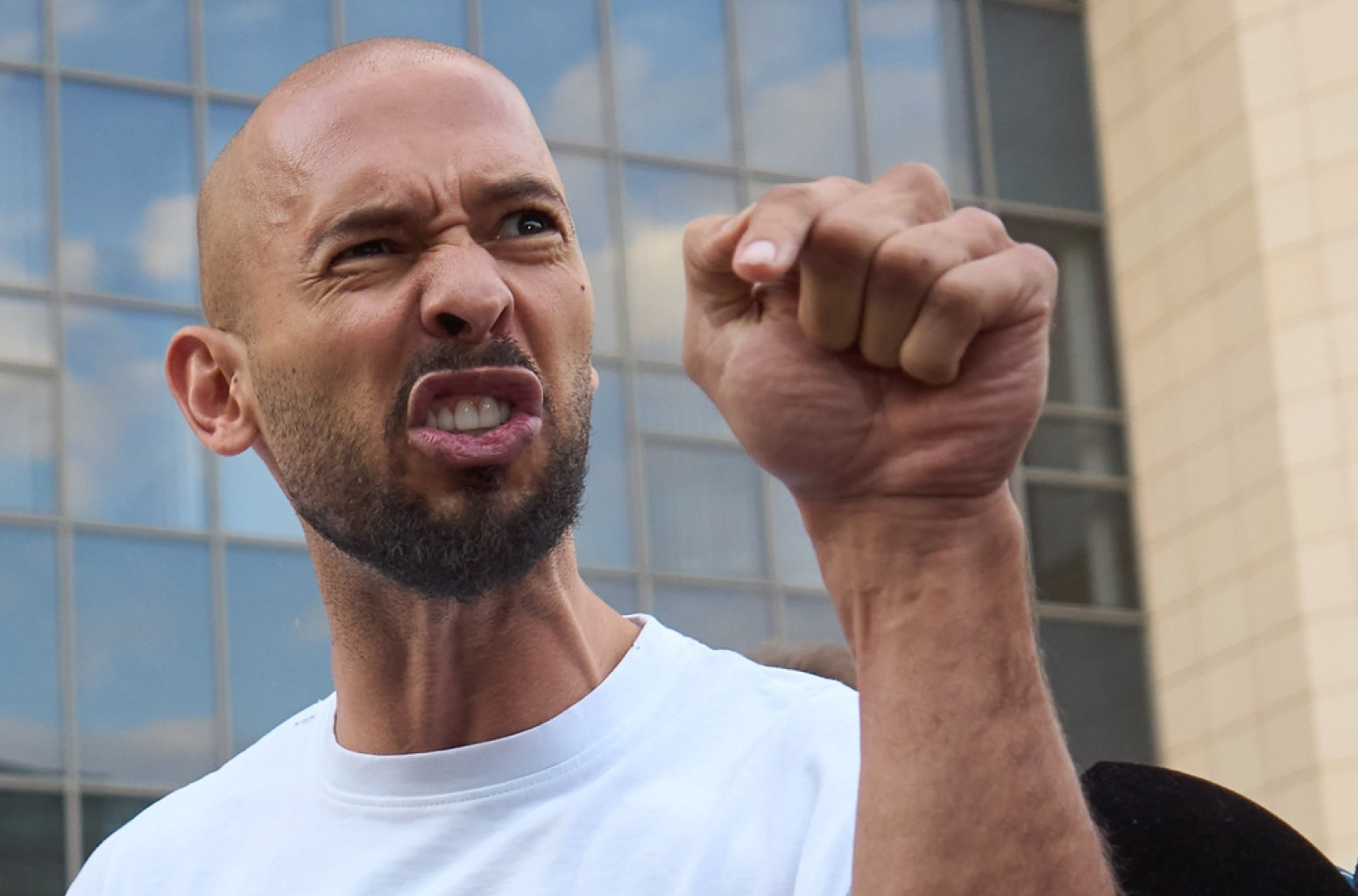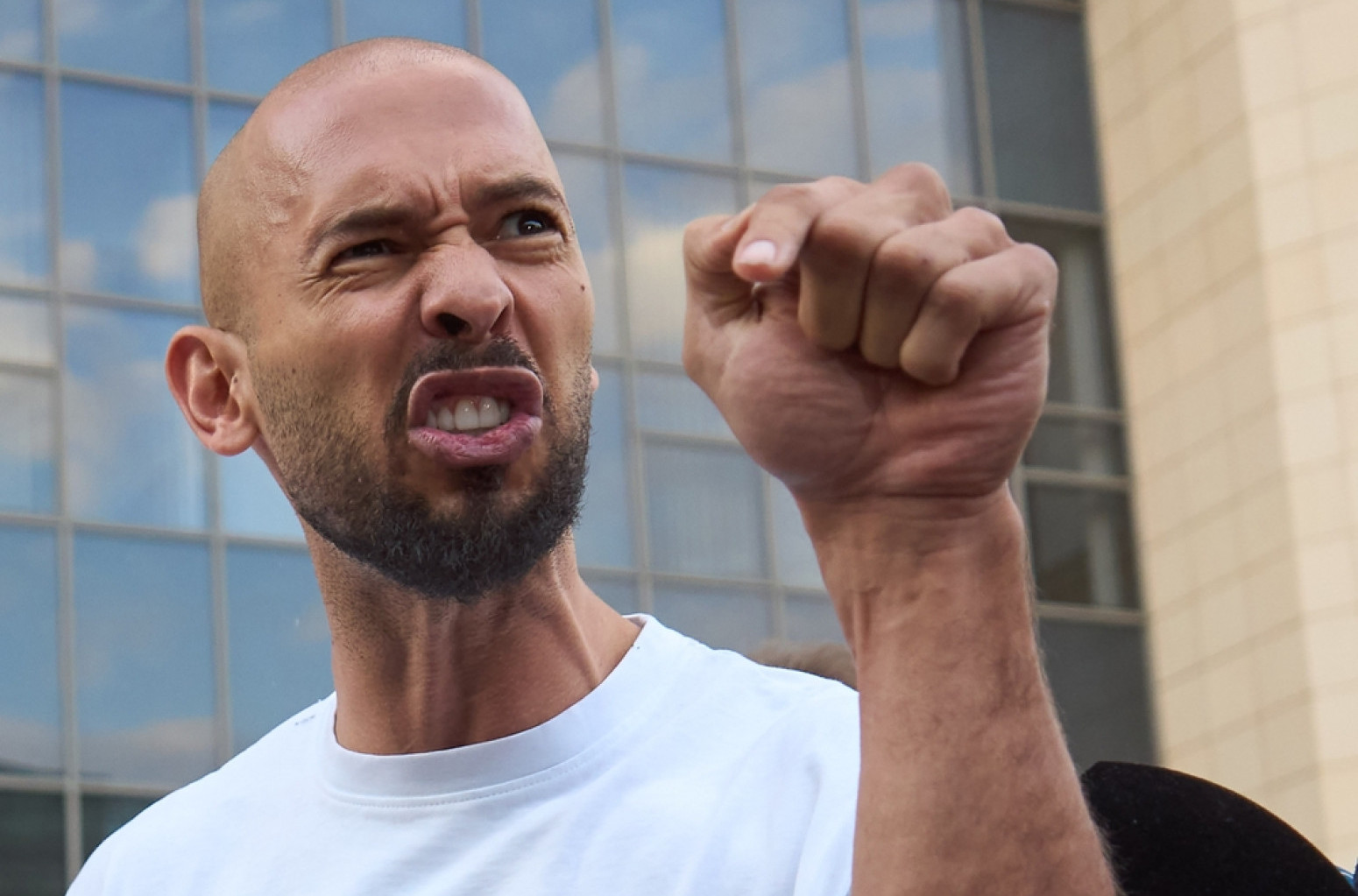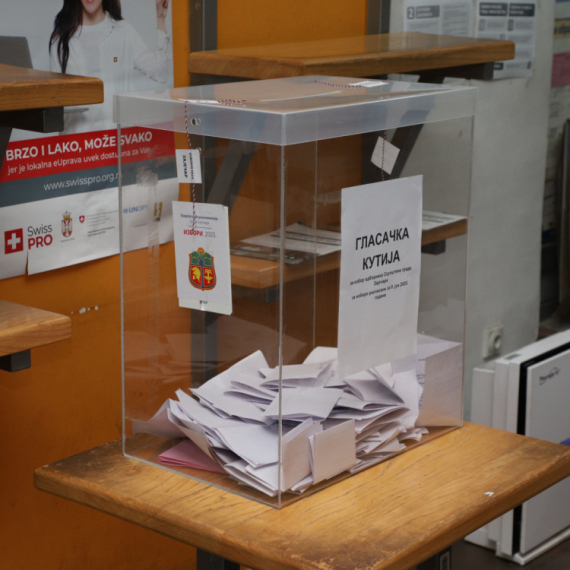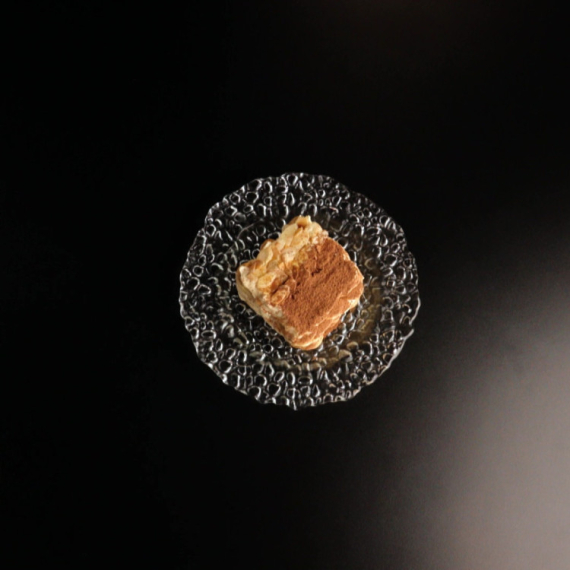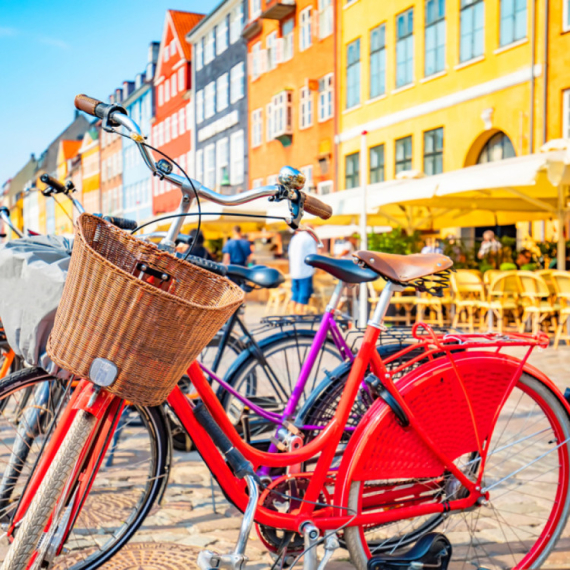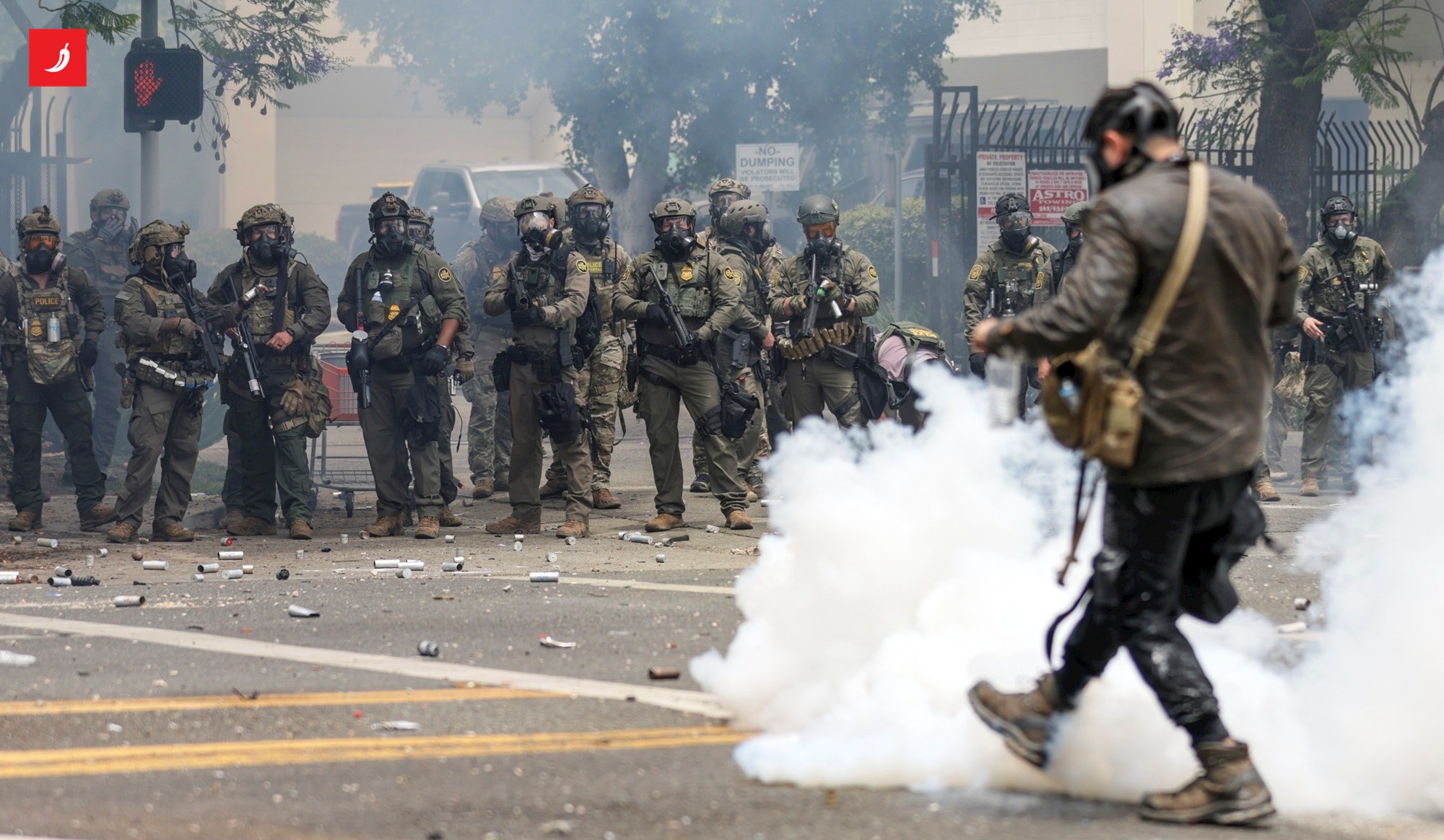British-American influencer Andrew Tate was fined in Romania for speeding. His driving license was suspended after he was caught driving at 146 km/h in a 50 km/h zone in the village of Bujoreni near Bucharest. Tate denies the offense and announced he will appeal, claiming the speed radar was incorrectly calibrated. He and his brother Tristan are currently facing serious charges in Romania and the UK, which they deny.
Political Perspectives:
Left: Left-leaning outlets emphasize the legal consequences faced by Andrew Tate, highlighting the seriousness of his speeding offense and the ongoing criminal investigations against him and his brother. They often frame Tate as a controversial figure whose actions have legal and social repercussions.
Center: Center-leaning sources report the facts of the speeding incident and Tate’s denial without much editorializing. They provide balanced coverage of the event, including Tate’s claim about the radar calibration and the context of his ongoing legal issues, focusing on verified information.
Right: Right-leaning media may focus on Tate’s denial and skepticism towards the authorities, sometimes portraying him as a victim of overreach or unfair treatment. They might emphasize his intention to appeal and question the accuracy of the speed measurement, framing the incident within a narrative of personal freedom and resistance to state control.





